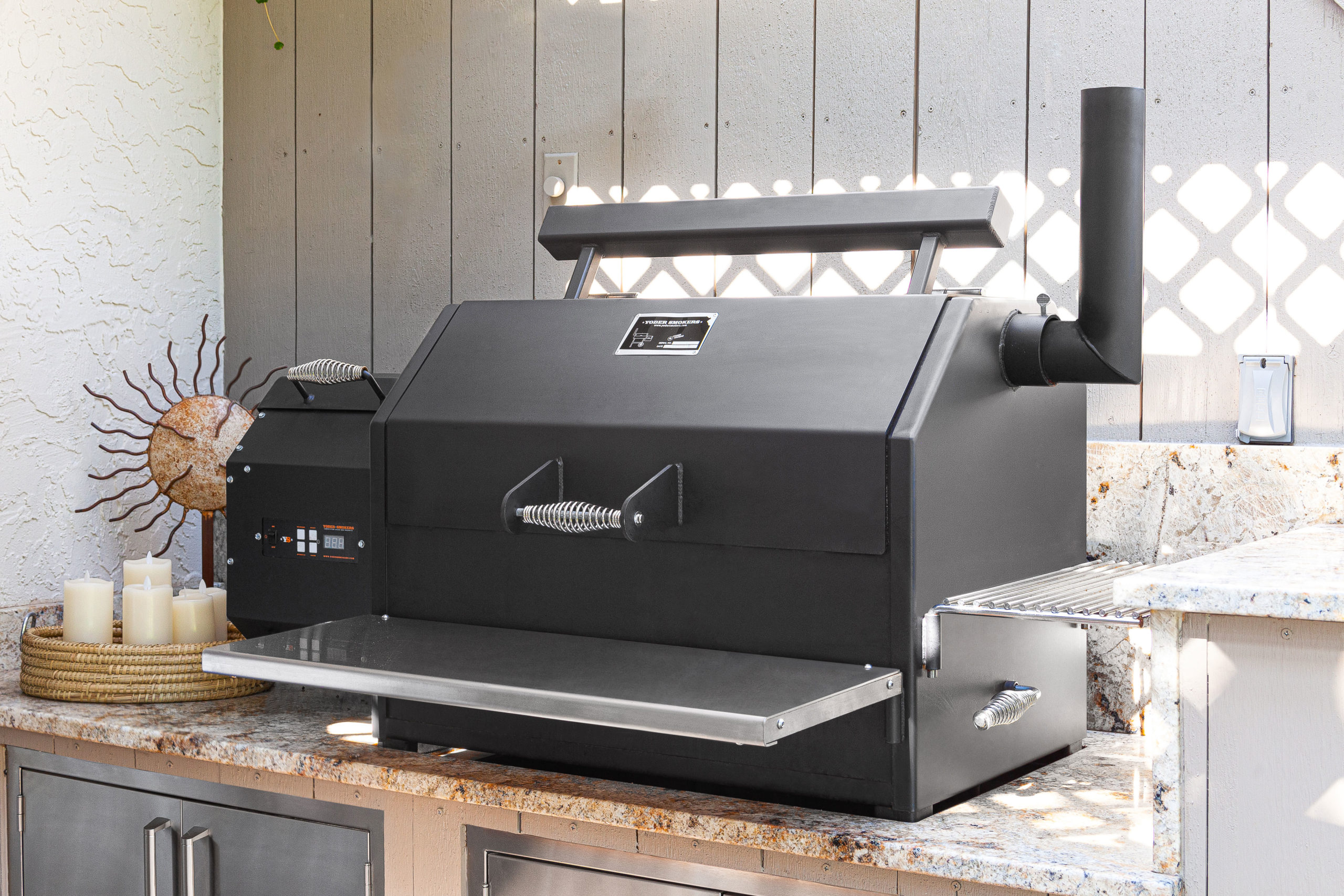A gas stove is a common appliance in many households, and it requires a reliable and safe gas line hookup to function properly. In this article, we will discuss the importance of a gas line hookup for a stove, how to choose the right gas line, and the steps involved in installing a gas line hookup for a stove.
The Importance of a Gas Line Hookup for a Stove
A gas stove is a convenient and energy-efficient appliance that requires a steady supply of natural gas or propane to function. A gas line hookup is essential for the proper functioning of a gas stove because it provides the fuel needed to ignite the burners and heat the oven.
A proper gas line hookup is also critical for safety reasons. A poorly installed or damaged gas line can result in gas leaks, which can be dangerous and even deadly. Gas leaks can cause fires, explosions, and carbon monoxide poisoning, which can have serious health consequences or even be fatal. Therefore, it is essential to ensure that your gas line hookup is installed correctly and regularly maintained to prevent accidents caused by gas leaks.
Choosing the Right Gas Line
When choosing a gas line for your stove, you should consider the following factors:
Steps for Installing a Gas Line Hookup for a Stove
Installing a gas line hookup for your stove is a complex process that requires professional expertise. However, if you have experience with plumbing and gas systems, you can follow these steps to install a gas line hookup for your stove:
Step 1: Turn off the main gas supply valve to your home. Step 2: Install a new gas shut-off valve close to the stove location. This valve will allow you to turn off the gas supply to the stove without affecting other appliances. Step 3: Install a flexible gas connector between the shut-off valve and the stove. The flexible connector allows for easy installation and movement of the stove. Step 4: Run the gas pipe from the shut-off valve to the stove location. Make sure to use the correct pipe size and material according to your stove's requirements. Step 5: Securely attach the gas pipe to the shut-off valve and stove using pipe fittings and clamps. Step 6: Test the connection for leaks by turning on the main gas supply valve and checking for any hissing sounds or odors. You can also use a gas leak detector or soapy water to check for leaks. Step 7: Once you have confirmed that there are no leaks, turn on the stove and check that all burners ignite properly and that there is no smell of gas.Maintenance Tips for Gas Line Hookups
To ensure that your gas line hookup remains safe and functional, you should follow these maintenance tips:
Gas Line Hookup For Stove
A proper gas line hookup is essential for the proper functioning of your gas stove and for ensuring your safety. By choosing the right gas line, following proper installation procedures, and conducting regular maintenance, you can enjoy the benefits of your gas stove without worrying about gas leaks or other safety concerns. If you are not experienced with plumbing or gas systems, it's best to hire a professional plumber to install and maintain your gas line hookup for maximum safety and peace of mind.

